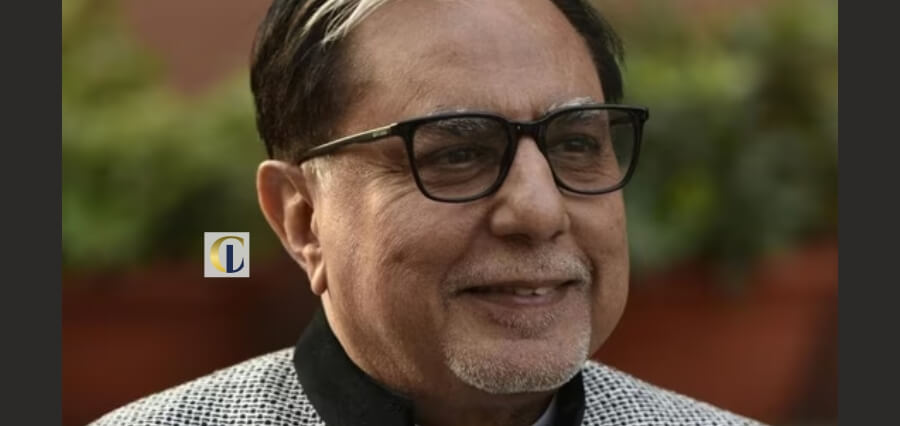Subhash Chandra, the founder and chairman emeritus of Zee Entertainment Enterprises Ltd., is confronted with insolvency proceedings after defaulting on a loan for which he acted as a personal guarantor. The National Company Law Tribunal (NCLT) initiated these proceedings following a petition by Indiabulls Housing Finance Ltd. The plea was related to a loan provided to Essel Group’s Vivek Infracon Pvt, where Chandra served as a guarantor. While the NCLT ordered Corporate Insolvency Resolution Process (CIRP) against Subhash Chandra, pleas from IDBI Trusteeship and Axis Bank were dismissed. A detailed judgment is awaited.
Indiabulls Housing Finance Ltd (IHFL) approached the NCLT after Vivek Infracon, a company within the Essel Group chaired by Chandra, defaulted on a payment of around ₹170 crore in 2022. Despite efforts for settlement discussions, IHFL did not receive any payment from Vivek Infracon. With the commencement of CIRP, Chandra will be subject to the moratorium provisions of the Insolvency & Bankruptcy Code (IBC), prohibiting him from selling, disposing, or transferring any property or assets.
An insolvency tribunal will appoint a Resolution Professional to consolidate all loans and assist financial creditors in recovering their funds. Chandra retains the option to challenge the insolvency order before an appellate tribunal.
”The copy of the order is awaited,” a spokesperson for Chandra said. “Appropriate steps will be actioned in accordance with the applicable law.”
Subhash Chandra had previously contested the NCLT’s authority over personal guarantors in May 2022, arguing that they couldn’t be held liable for insolvency proceedings. However, the tribunal rejected this argument, asserting its jurisdiction over personal insolvency cases. Chandra subsequently appealed this decision at the NCLT but withdrew it in pursuit of an amicable settlement. However, IHFL resurrected the issue in early 2024 after negotiations proved unsuccessful.
In 2019, the government amended the IBC, granting creditors the ability to initiate insolvency proceedings against personal guarantors. This amendment was upheld by the Supreme Court in November 2023, affirming its legality.








